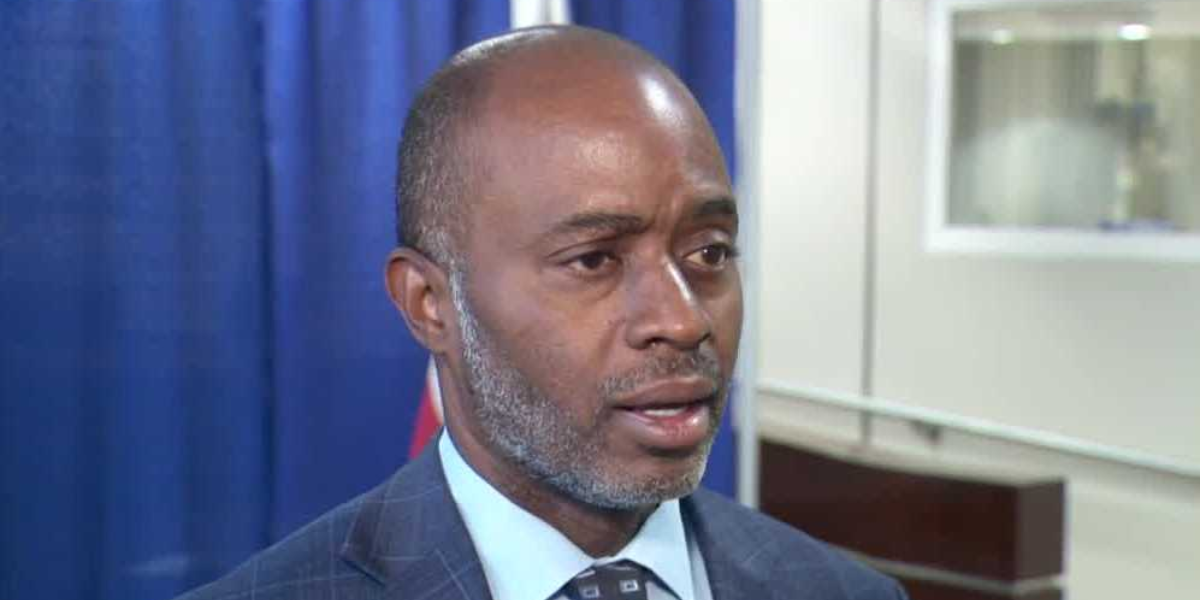Concerns have been raised by the California State Department of Education following the fact that the Trump administration withheld $6.8 billion in federal grants that were intended to provide educational opportunities ranging from after-school programs to education for migrants.
There have been letters sent out to state-level department of education offices around the country informing them that monies have been put on hold pending the completion of a review process into five specific programs that were intended to be awarded after July 1.
We have obtained a copy of the email that was sent from a “no reply” address, which suggests that it may have been issued from an address belonging to the Department of Education of the United States of America. Not only does the text of the email not target a particular recipient, but it also does not specify which particular organization wrote or sent the letter.
In the 83-word email, it was said that the grants for the fiscal year 2025 are now being evaluated. The email also stated that “decisions have not yet been made concerning submissions and awards for this upcoming academic year.”
The email continues with the following statement: “The Department remains committed to ensuring taxpayer resources are spent in accordance with the President’s priorities and the Department’s statutory responsibilities.”
“These funds have been allocated by Congress; the President cannot unilaterally undo the action of Congress,” said Tony Thurmond, the superintendent of the state state of California.
According to Thurmond, education authorities all around the country were taken aback by the developments.
“Everyone’s in the same position, they’re scrambling, and they have no idea what this means,” stated Thurmond in response.
If the funds are cut or permanently withheld, the legal staff of his department is currently making preparations for yet another lawsuit that will be launched against the administration of President Trump.
The Superintendent of Schools for the State of California asserts that the state’s kindergarten through twelfth-grade schools might begin the new school year without receiving more than 800 million dollars in financing.
In the event that adult education programs are taken into consideration, the precise amount is closer to one billion dollars, according to a representative for the department.
This is a list of the programs that are being considered for inclusion in the review process:
- Title I-C for migrant education
- Title II-A for professional development
- Title III-A for English-learner services
- Title IV-A for academic enrichment
- Title IV-B for before and after-school programs
According to those in charge of education in California, the impact of these programs is being felt in individual school districts across the state. During the news conference that took place on Tuesday, a representative stated that one in every three kids in the state of California is learning English as a second language.
In spite of the fact that there are only a few weeks left until the beginning of the autumn semester for certain school districts, Thurmond claims that these money have already been incorporated into budgets for the forthcoming school year.
It is possible, according to the leader of education, that this will result in reductions in educational programming, teacher training, technological resources, and even school staffing.
In the context of a particular school district, this can be of great significance in terms of what their portion might entail for after-school programs or for technological advancements. “Therefore, we have to speed up our work here each and every day, and every dollar counts,” Thurmond explained.
After that, he continued by saying, “There will be a negative impact.”
After making contact with the Federal Department of Education, the request for comment was referred to the Federal Office of Management and Budget for further consideration.
An official from the Trump administration stated that “the superintendent is mistaken,” and went on to explain that this is an ongoing programmatic evaluation of education financing, and that nothing has been “impounded.”


 by
by 

